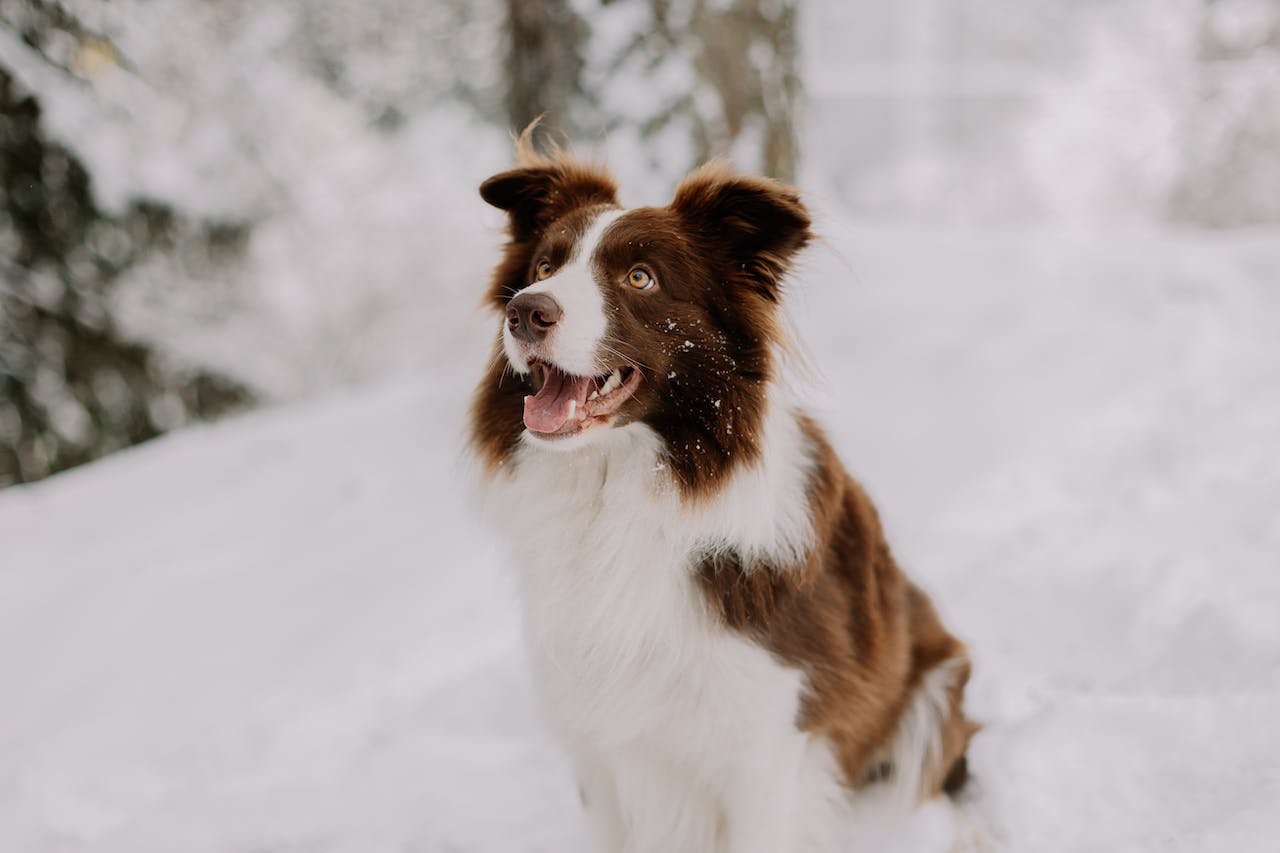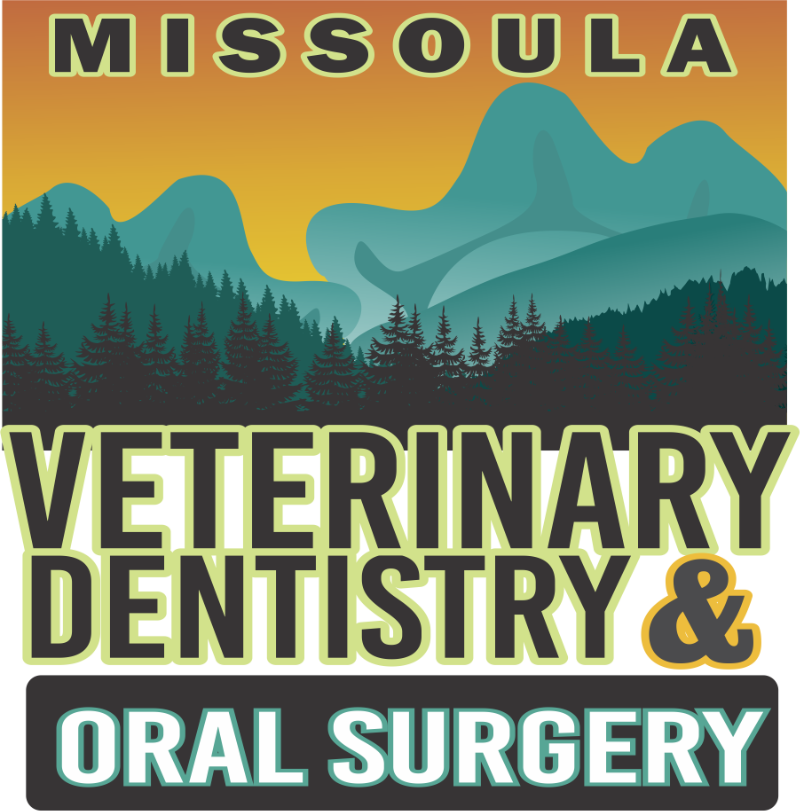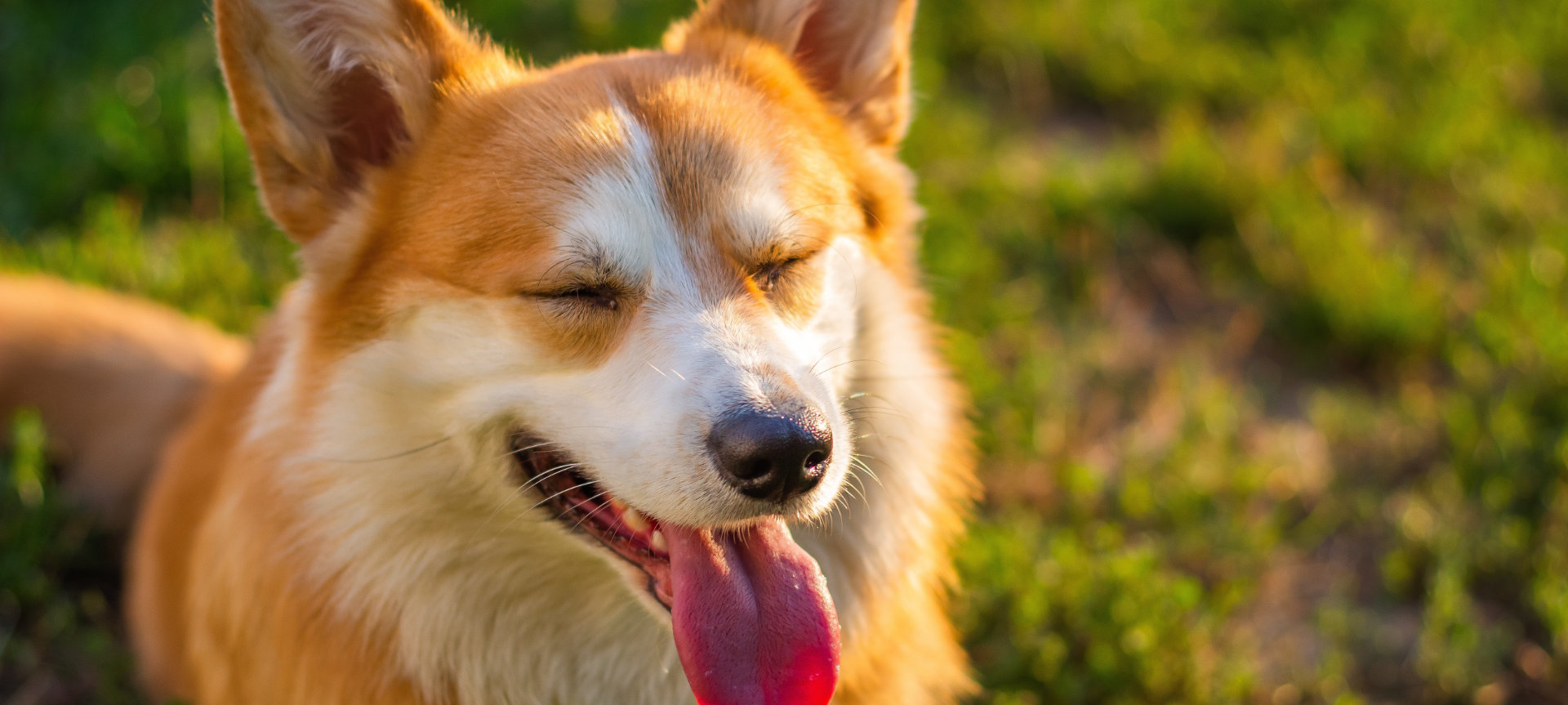
08 Dec The Signs of a Mouth Injury in Dogs
Mouth injuries in pets can occur for various reasons, including accidents, fights, falls, or chewing on hard objects. These injuries can range from minor cuts and bruises to more severe damage to the teeth, gums, or oral structures. Understanding the signs of a mouth injury in dogs is crucial for providing timely care and preventing further complications.
Signs of a Mouth Injury in Dogs
Here are some of the common signs to help identify whether your dog has a mouth injury.
- Bleeding: One of the most apparent signs of a mouth injury is bleeding. If you notice blood around your pet’s mouth, on toys, or in their water bowl, it’s a clear indication that something is amiss.
- Drooling: Excessive drooling that is out of the ordinary for your pet can also be a sign of a mouth injury. Your pet may drool due to the pain and discomfort.
- Pawing or Scratching at the Face: If your pet seems to be pawing at their mouth, face, or ears, it could be a sign of pain or irritation. They may be trying to alleviate discomfort.
- Difficulty Eating: Mouth injuries can make it painful for your pet to eat. If they are reluctant to eat, chew slowly, or drop food while eating, it’s a cause for concern.
- Swelling: Swelling in the face, especially around the mouth and cheeks, can be a visible sign of injury. The swelling may be localized or more widespread, depending on the severity of the injury.
- Broken or Misaligned Teeth: If you notice any broken or misaligned teeth in your pet’s mouth, it’s a clear indicator of an injury. These issues can cause pain and difficulty eating.
- Foul Odor: A foul or unusual odor coming from your pet’s mouth may suggest an injury, infection, or dental problem.
- Changes in Behavior: Pets in pain may exhibit changes in behavior. If your usually friendly and sociable pet becomes withdrawn, irritable, or aggressive, it could be due to discomfort from a mouth injury.
When to Seek Professional Care
Identifying the signs of a mouth injury is the first step, but knowing when to seek professional care is equally crucial. Even if the signs seem minor, it’s essential to remember that pets often hide their pain. Here’s when you should consider consulting a veterinary expert:
- Persistent Symptoms: If the signs of a mouth injury persist for more than a day or two, it’s a strong indication that professional evaluation is necessary.
- Visible Trauma: If you can see visible trauma, such as broken teeth, lacerations, or significant swelling, you should seek immediate veterinary care.
- Changes in Behavior: Any abrupt changes in your pet’s behavior, particularly if they become aggressive or excessively withdrawn, should prompt a veterinary visit.
- Nasal discharge and sneezing: Traumatic injuries to the bones and tissues that separate the nasal and oral cavities require surgery to prevent food and debris from collecting in the nose and causing chronic infection.
- Difficulty Eating: If your pet struggles to eat, loses interest in food, or drops food while eating, this is a clear sign of discomfort that requires attention.
- Unusual Drooling or Odor: Excessive drooling or an unusual odor from your pet’s mouth are not normal and should be assessed by a veterinary dentist.
Why Veterinary Expertise Matters
Mouth injuries in pets can be painful and, if left untreated, may lead to more severe complications. While identifying the signs is crucial, a board-certified veterinary dentist™ can provide a comprehensive evaluation and necessary treatment. Here’s why consulting an expert is essential:
- Precise Diagnosis: A veterinary dentist can perform a thorough examination, including cone beam CT and dental x-rays, to accurately diagnose the extent of the injury.
- Pain Management: Managing pain is a crucial aspect of treating mouth injuries. Specialists can provide pain relief measures to ensure your pet is comfortable.
- Treatment Options: Depending on the injury’s nature and severity, treatment may include wound cleaning, sutures, dental work, splints or appliances, or reconstructive surgery. A board certified veterinary dentist™ can tailor the treatment plan to your pet’s specific needs to restore function and comfort.
- Prevention of Complications: Early intervention can prevent complications such as infections, abscesses, or more extensive dental problems.
Dog Dentist in Missoula, Montana
In conclusion, recognizing the signs of a mouth injury in your dog is the first step in ensuring their health and well-being. However, it’s equally important to consult a veterinary specialist for a comprehensive evaluation and appropriate treatment. Your pets depend on you to be their advocate and ensure they receive the care they deserve.
If you suspect your pet has a mouth injury or are concerned about their oral health, please don’t hesitate to contact us. We’re here to provide the expertise and care your beloved pets need.
Photo by Elina Polkova from Pexels



